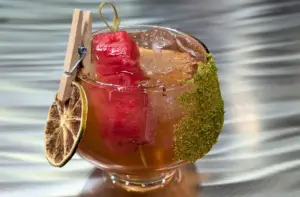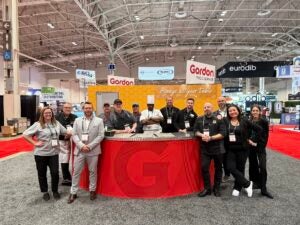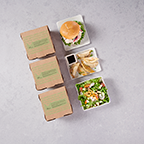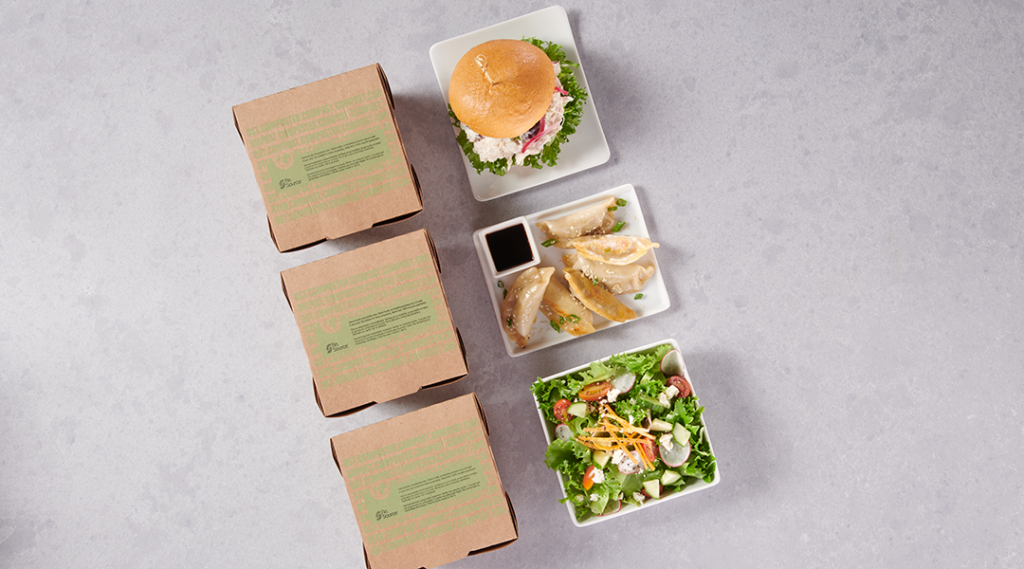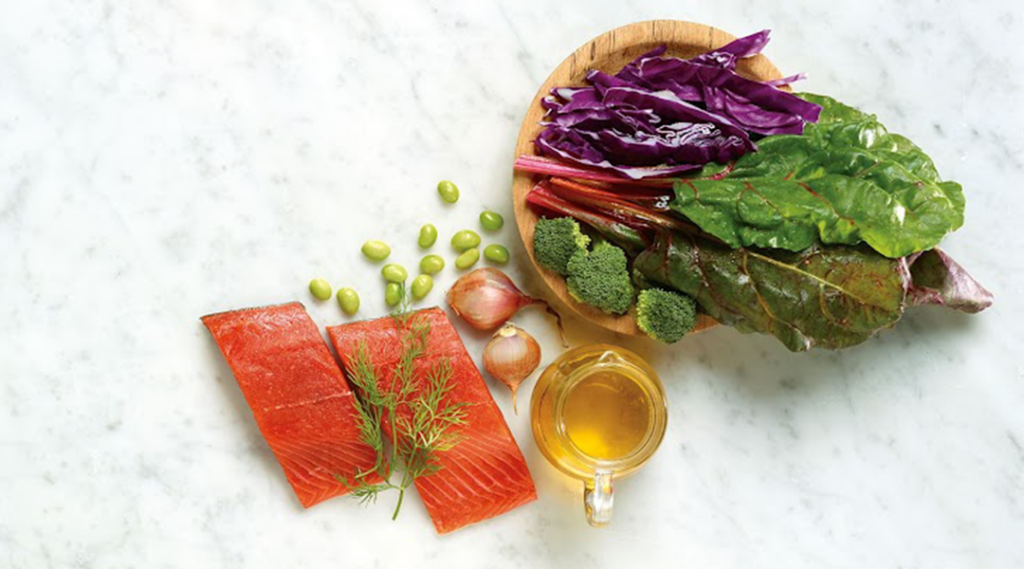Imagine this futuristic scenario: It’s 7 a.m. and a foodservice operator starts their day with real-time data on inventory levels, sales trends and customer feedback on an AI-powered dashboard.
The operator takes that data and adjusts menu offerings and updates specials. Hours later, the system manages incoming reservations. At closing time it spits out a comprehensive performance report for the day and – voilà! – operators have data gold at their fingertips.
This is a new reality for foodservice operators everywhere, many struggling with the same industry issues. From easing tight labour market woes to improving efficiency, AI can be used in a myriad of ways. Ultimately an operator can view AI as an “extension of a foodservice operator’s team,” said Gordon Food Service® Full Stack Conversation Designer Amber Prause.
“Many uses currently fall under the bucket of analyzing data. For restaurants, that can look like collecting data on customers and having AI analyze behaviour to be able to personalize ads or emails or even menu suggestions based on personal preferences,” Prause said.
That is why analysts say one of the main benefits of using AI in the restaurant industry is that it can help ease the tight hiring market for operators.
Operators Easing Into AI One Step at a Time
Gordon Food Service Business Solutions Specialist Billy Nichols said the capabilities of AI can seem overwhelming. But using chatbots is a great place to start, he said.
“While chatbots aren’t necessarily new, they are getting more advanced and can help with less-personalized jobs, like taking reservations,” Nichols said.
But it’s good to keep in mind that it’s called “artificial” intelligence for a reason: AI can’t replace the human aspect of customer service, though ideal for technical tasks, he said.
“It’s not meant for interaction with customers. It’s more about how they will work in operations, like how they forecast costs or pull in more intuitive algorithms. It seems really valuable,” Nichols said.
Another way AI is useful is for eliminating on-call shifts by predicting business from weekend to weekend, Nichols said.
“It can pull weather information, for example, and try to determine the number of guests that will walk through the door on a Friday night. It allows an operator to know how to staff that specific weekend,” he said.
Operators can add AI into leveraging that data it analyzes to optimize their supply chain operations and ensure they have the right ingredients, products and equipment available when and where they are needed, according to Smartbrief. This not only improves efficiency and reduces waste, but also helps businesses better manage their inventory and cash flow.
Prause said AI can also be used in food design to create innovative recipes and dishes that meet specific dietary requirements or preferences, expanding culinary possibilities.

Save AI for the Technical Stuff, Leave ‘Hospitality’ to Humans
While AI is transforming efficiencies for operators, it can’t replace the impact a thoughtful server or gifted chef brings to a dining experience.
“Hospitality has yet to be perfected by robots,” Nichols said. “Human experience could be lost in subtle, but impactful ways.” He points out that people dine out for “the experience.”
“There is a difference between hospitality-driven and product-driven restaurants,” he said.
Sure, AI can help create a recipe, but bringing it to that next level cannot be replicated by a machine. For example, a server may recommend a perfect bottle of wine because they have tasted it, going beyond what AI suggests based on data.
It’s something operators must remember as AI progresses, Nichols said.
“How do we keep a spark of humanity with those interactions?” he said. “No matter what it is, there is an art that is lost when you outsource it to a robot.”

